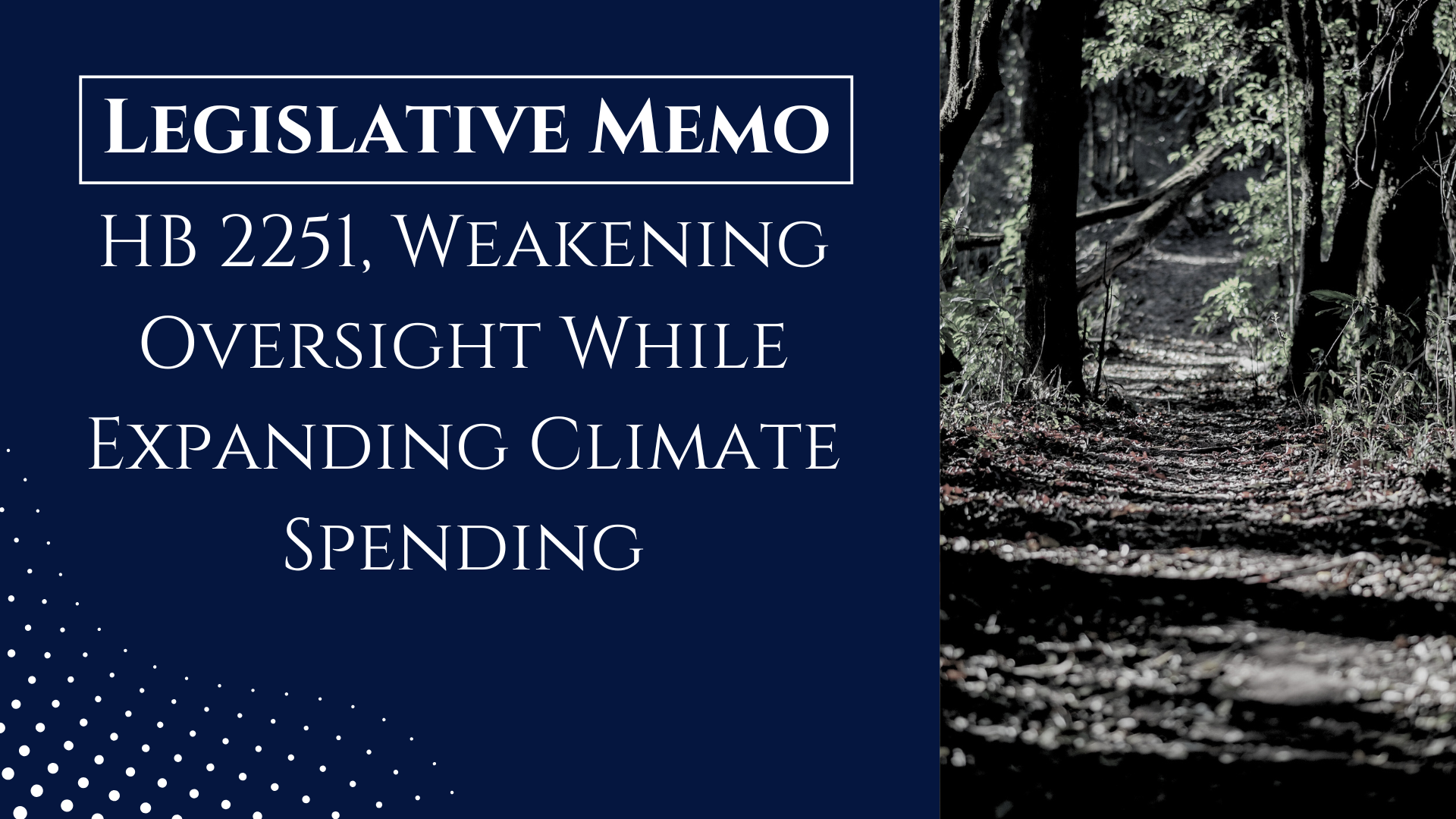Key Findings
1. By focusing on a narrow subset of Washington’s CO2 emissions, the low-carbon fuel standard (LCFS) is certain to be more expensive than alternatives.
2. The claim that the LCFS would not increase prices and that costs haven’t been higher than expected is contradicted by the data and the statements of LCFS supporters themselves.
3. The experience of California and Oregon show the LCFS mandate is extremely expensive, with 93% of the cost doing nothing to reduce greenhouse gas emissions.
4. LCFS costs have been much higher than projected and biofuel companies and the Energy Information Administration agree that costs will continue to climb.
5. The LCFS mandate proposed in the legislature does more harm than good, spending five dollars for every one dollar of climate and environmental benefit it claims to create.
6. Research for the WA Department of Ecology and the Puget Sound Clean Air Agency found that the LCFS mandate would reduce particulate matter air pollution by less than one percent by 2028.
7. Most of those air quality improvements are likely to go to people living in wealthy communities.
8. The LCFS mandate is unlikely to help create a biofuel industry in Washington state and the legislation specifically would make building biofuel production more difficult.
9. The barriers to increasing biofuel production mean compliance with the LCFS rules would be met primarily with fuel imported from out of state.
10. The more concerned legislators are about climate change, the less they should support a costly and ineffective approach like the LCFS.
Introduction
Some state legislators are again proposing a low-carbon fuel standard (LCFS) rule which aims to reduce the aggregate carbon-intensity of transportation fuels. They justify it as necessary to meet Washington state’s CO2- emission targets outlined in state law (RCW 70A.45.020).
This year’s proposal, HB 1091, explains its focus on transportation emissions by noting, “As of 2017, the transportation sector contributes 45 percent of Washington’s greenhouse gas emissions,” accounting for the largest emissions from any sector.2 Supporters point to similar programs in British Columbia, California, and Oregon, and make a range of claims, including that an LCFS will reduce CO2 emissions, improve air quality, and create jobs.
The experience of those jurisdictions demonstrates that these claims are either exaggerated or simply false. An LCFS mandate is an extremely expensive way to reduce CO2 emissions, does little to improve air quality with most of the benefits going to wealthy communities, and is unlikely to create jobs or benefit farmers.
About 95 percent of the cost of an LCFS mandate does nothing to reduce CO2 emissions, and the risk from climate change and the high cost undermines alternatives that would effectively reduce CO2 emissions in the near term at much lower cost. Ultimately, the more concerned legislators are about climate change, the less they should support a costly and ineffective approach like the LCFS. This Legislative Memo presents an analysis of the bill and presents data on why the claims of its sponsors are not supported by evidence.
Read the full Legislative Memo here.






